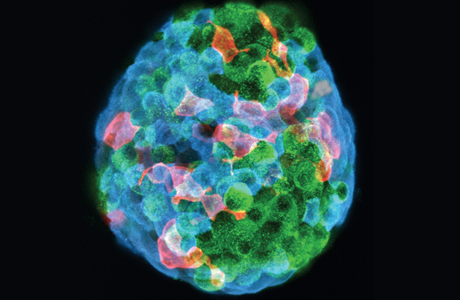Publication by Dr. Benjamin Keselowsky featured in biomaterials book
UFDI researcher Dr. Benjamin Keselowsky’s paper ‘Biomaterials-Based Immunomodulation of Dendritic Cells’ was featured in Laura Santambrogio, M.D., Ph.D.’s latest book, Biomaterials in Regenerative Medicine and the Immune System. You can find Dr. Santambrogio’s book here.











